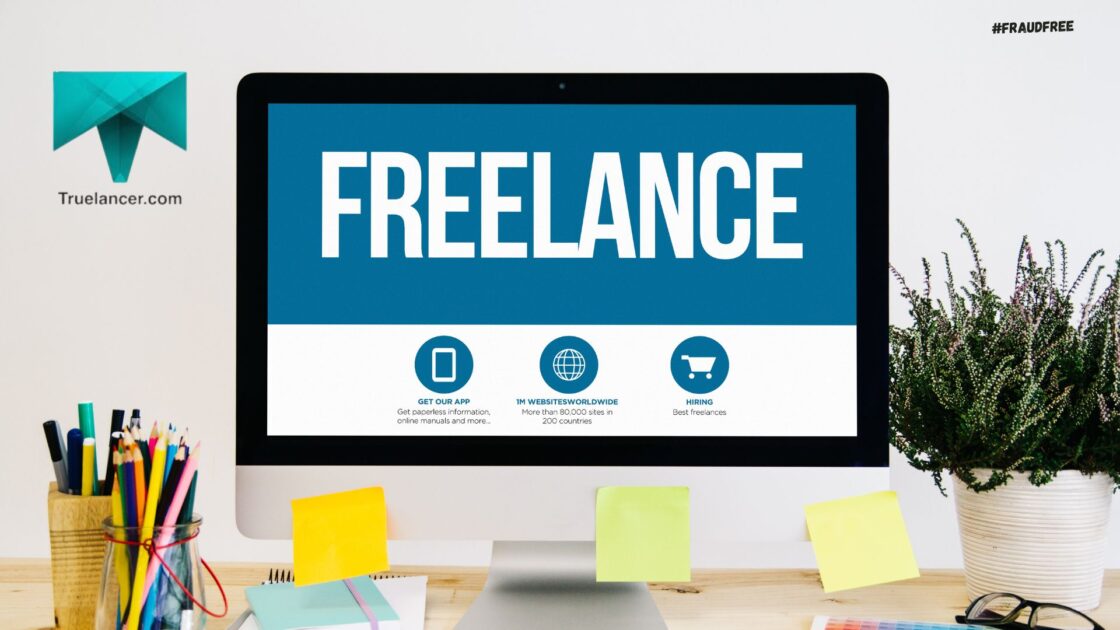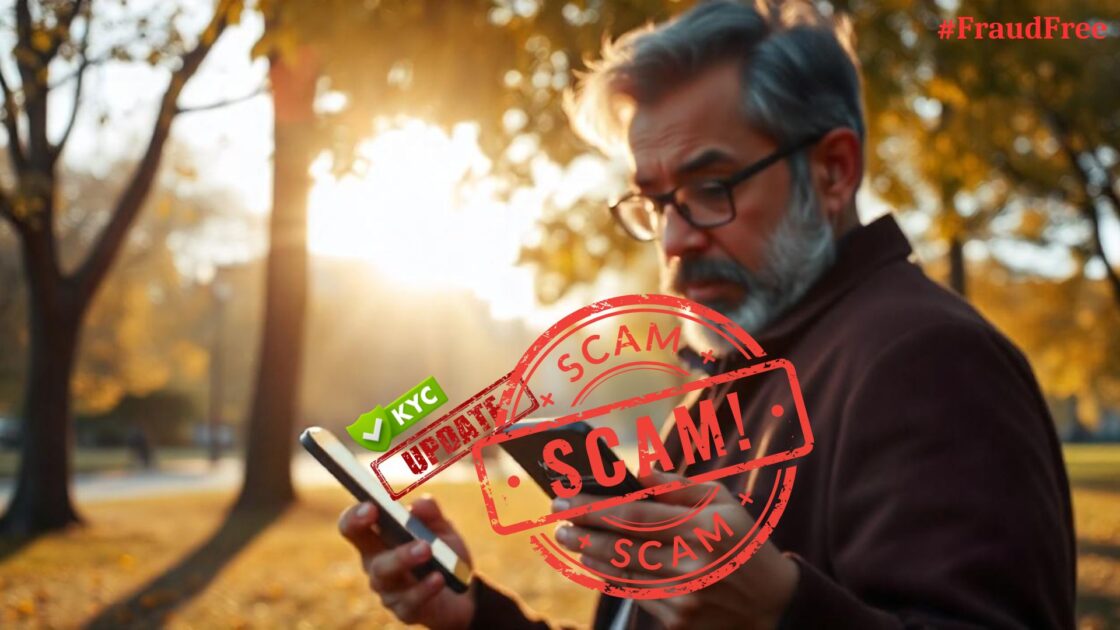Created an ID on the Truelancer platform, with the hope to make some extra income. And on signing up, you see your dream job waiting for you,“Earn ₹30,000/month working from home on Truelancer. No investment, no boss!” For a moment, your heart skips a beat. Freedom, flexibility, and money sound perfect, right?
But then comes that tiny voice in your head: “Wait… Truelancer is real or fake?
Let’s break it down together, calmly, honestly, so you’re not left with unanswered questions.
Is Trulancer a Scam?
On the surface, Truelancer is a well-known global freelance marketplace where you grab jobs like writing, data entry, design, and virtual assistance.
It’s been around since 2014, has SSL encryption, and links with major brands. That builds confidence.
At first glance, it feels credible. The platform has been around for years, has an official website, and even has some positive reviews.
A few freelancers online have shared stories about completing projects and receiving payment, like a beginner who bagged a $70 gig in her first week.
But if you dig deeper, cracks begin to show some signs of work from home job scams.
Yet, many others share concerning stories: fake job postings, unresponsive clients, or blocked accounts with money stuck inside. “Your account’s blocked for no reason” is a nightmare some users face.
A woman on a complaints forum shared her experience: she completed her first assignment and was excited to see ₹5,000 added to her wallet. But then came the shocker—her account was blocked, and support stopped replying.
Others talk about being lured into buying paid memberships to unlock “better jobs.” “I thought upgrading would help me land clients faster,” one freelancer wrote, “but after paying ₹1,200, nothing changed.”
There are even stories of fake clients posting jobs, asking for upfront work, and disappearing without paying.
So, is Truelancer legit? That’s exactly what many freelancers are asking after facing such issues.
While the platform itself is real and operational, it’s the misuse by fake clients and external scammers that gives it a mixed reputation. Staying alert and working only through verified channels is the key to avoiding such traps.
How to Avoid Work From Home Scams?
Here’s the thing: not every job scams in India means a job portal or platform is fake. But some patterns with Truelancer should make you pause.
- Recruiters often reach out through WhatsApp or Gmail accounts, not official company emails.
- Job descriptions are vague. Sometimes, they promise ridiculously high pay for simple work, without ever conducting a proper interview. And then there’s the biggest red flag: blocked accounts with pending payments.
- Multiple freelancers on Reddit and Glassdoor warn about this exact scenario.
- If a platform makes you feel uneasy or pressures you into paying for access, trust that gut feeling.
How to Report Work From Home Scams?
In case you have been tricked by a scammer on the Truelancer platform, take an immediate step as below:
- Report the scammer on the Truelancer platform.
- Block his ID.
- Collect evidence of chat and file a cyber crime complaint.
Need help? Register with us, and we will guide you through the process of filing a complaint online.
Is Truelancer Safe?
So, if you are confused whether is Truelancer real or fake.
The answer depends on the job offer you clicked for.
Yes, you can trust the platform but at the same time it is important to stay more alert and cautious.
If you’re curious about Truelancer, take it slow. Start small. Research every client before accepting a project.
Don’t upgrade to paid memberships unless you see consistent results. And keep a record of every communication and transaction.
If a client avoids video calls, doesn’t provide a contract, or insists on free work before payment, step away. Your time and skills are too valuable for games.
Conclusion
So… is Truelancer real or fake?
It’s not a complete scam, but it’s not the smooth, risk-free platform it markets itself to be.
Some people have earned real income here, but others walked away frustrated, with wasted time and lost money.
You deserve more than vague promises and blocked wallets.
You deserve transparency, respect, and fair pay for your hard work.
Trust your instincts. If something feels off, it probably is. And if you’re unsure about an opportunity, it’s okay to walk away—you’re protecting your energy and your future.







